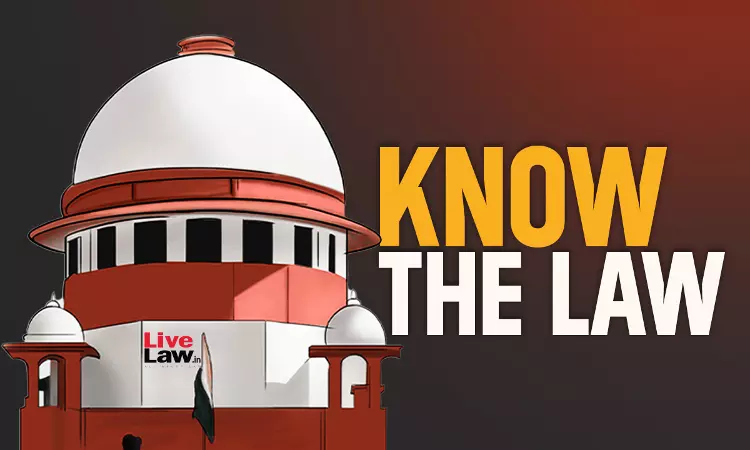When Can Ignorance Of Law Be Taken As Defence?Supreme Court Explains
Gursimran Kaur Bakshi
24 Sept 2024 5:31 PM IST

Next Story
24 Sept 2024 5:31 PM IST
The Supreme Court recently held that neither unawareness of the law nor ignorance of law cannot be claimed as an excuse for storing or possessing child pornography in a plea taken by the accused that he was not aware of the fact that storing child pornography was a punishable offence under Section 15 of the Protection of Children from Sexual Offences Act, 2012 (POCSO Act). The accused had...
